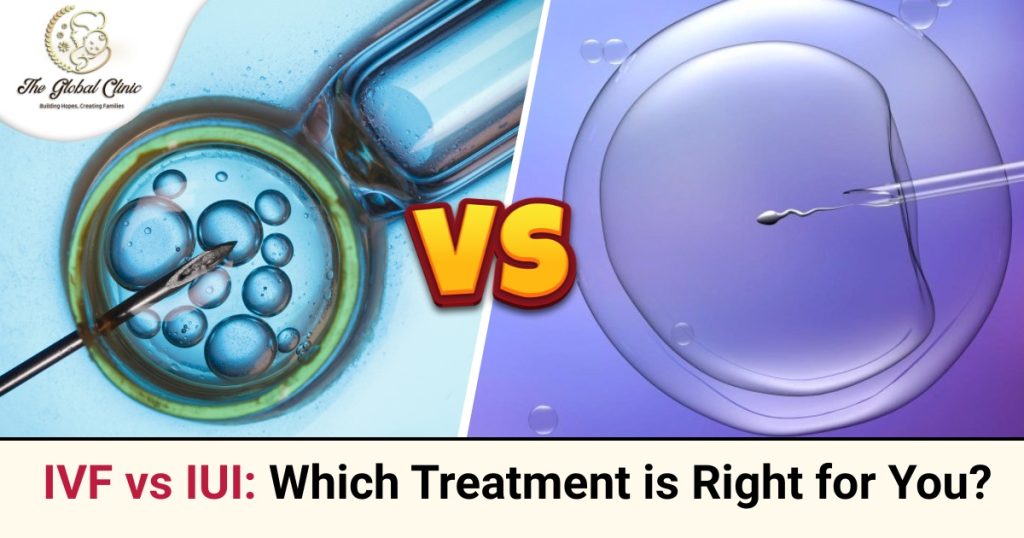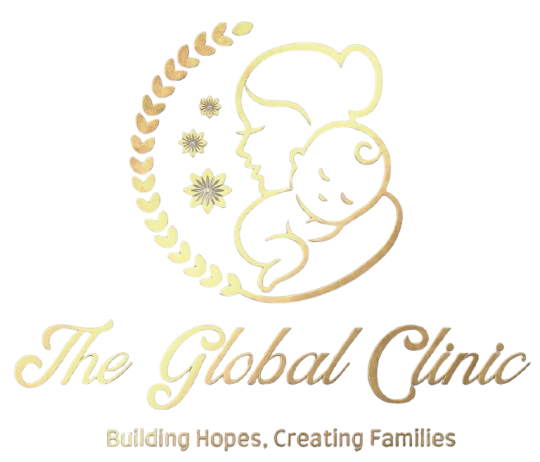
When couples face challenges in conceiving, they often turn to reproductive technologies for help. Two of the most common treatments in the realm of assisted reproduction are In Vitro Fertilization (IVF) and Intrauterine Insemination (IUI). Understanding the differences between these two approaches can help individuals and couples make informed decisions about their fertility journey. In this blog post, we will explore the key aspects of IVF and IUI, providing insights into which treatment may be right for you.
Understanding IVF and IUI
What is IVF?
In Vitro Fertilization (IVF) is a complex and comprehensive assisted reproductive technology (ART) that involves the fertilization of an egg outside the body. The process typically includes several steps:
- Ovarian Stimulation: Hormonal medications are administered to stimulate the ovaries to produce multiple eggs.
- Egg Retrieval: Once the eggs are mature, a minor surgical procedure is performed to retrieve them from the ovaries.
- Fertilization: The retrieved eggs are combined with sperm in a laboratory setting to facilitate fertilization. This can be done using traditional insemination or through Intracytoplasmic Sperm Injection (ICSI), where a single sperm is injected directly into an egg.
- Embryo Culture: The fertilized eggs (now embryos) are monitored for development. Healthy embryos are cultured for several days.
- Embryo Transfer: One or more healthy embryos are selected and transferred into the uterus, with the hope of implantation and pregnancy.
What is IUI?
Intrauterine Insemination (IUI) is a less invasive fertility treatment that involves placing sperm directly into the uterus during the ovulation period. The process typically includes the following steps:
- Monitoring Ovulation: The patient is monitored for ovulation through blood tests or ultrasound to determine the optimal time for insemination.
- Sperm Preparation: A sperm sample is collected and processed in a laboratory to isolate the healthiest sperm.
- Insemination: The prepared sperm is inserted directly into the uterus using a thin catheter. This procedure is usually quick and painless.
Comparing IVF and IUI
1. Success Rates
Success rates for both IVF and IUI can vary based on several factors, including age, the cause of infertility, and individual health conditions.
- IVF Success Rates: IVF typically has higher success rates compared to IUI, especially for women over 35 or those with specific fertility issues such as blocked fallopian tubes or severe male factor infertility. According to the American Society for Reproductive Medicine (ASRM), the success rates for IVF can range from 40% to 50% for women under 35, while rates decrease with age.
- IUI Success Rates: IUI generally has lower success rates, often ranging from 10% to 20% per cycle, depending on factors such as the woman’s age and the fertility diagnosis. IUI may be more effective for couples with unexplained infertility or mild male factor infertility.
2. Cost Considerations
- IVF Costs: IVF is significantly more expensive than IUI. The cost of a single IVF cycle can range from $10,000 to $15,000 or more, depending on medications, lab fees, and additional procedures like ICSI. Many patients may require multiple cycles to achieve a successful pregnancy, increasing overall costs.
- IUI Costs: IUI is generally more affordable, with costs typically ranging from $300 to $1,000 per cycle, making it a more accessible option for couples on a budget.
3. Invasiveness and Procedure Time
- IVF Procedure: IVF is a more invasive procedure that requires ovarian stimulation, egg retrieval, and embryo transfer. The entire process can take several weeks and may involve multiple doctor visits, blood tests, and ultrasounds.
- IUI Procedure: IUI is a relatively simple and quick procedure, often completed within a few minutes. It requires minimal preparation and can be performed in a doctor’s office without the need for anesthesia.
4. Treatment Duration
- IVF Duration: The IVF process can take several weeks, including ovarian stimulation, egg retrieval, and embryo transfer. Patients may also need to wait for a few days to determine if pregnancy has been achieved, which can add to the emotional stress of the treatment.
- IUI Duration: IUI is a shorter treatment option, typically involving just a few days of monitoring followed by the insemination procedure. Pregnancy tests are usually conducted about two weeks after the insemination.
5. Ideal Candidates for Each Treatment
IVF Candidates: IVF is often recommended for women with:
- Blocked or damaged fallopian tubes
- Severe male factor infertility
- Advanced age (typically over 35)
- Endometriosis or uterine abnormalities
- Previous failed IUI attempts
IUI Candidates: IUI may be suitable for couples with:
- Unexplained infertility
- Mild male factor infertility
- Ovulation issues
- Couples looking to avoid more invasive treatments initially
Choosing the Right Treatment
Deciding between IVF and IUI is a highly personal choice that should be made in consultation with a qualified fertility specialist. Dr. Ramya Mishra Shukla, an experienced IVF specialist in Greater Noida, can provide personalized evaluations and recommendations based on your specific circumstances.
Factors to Consider
- Fertility Diagnosis: Understanding the underlying cause of infertility is crucial in determining the most effective treatment.
- Age: Women’s age plays a significant role in fertility treatment success rates, and options may vary accordingly.
- Financial Considerations: Assessing your budget and insurance coverage can help guide your decision.
- Emotional Readiness: Both IVF and IUI can be emotionally taxing. Consider your emotional readiness for the procedures and the potential challenges.
Conclusion
Both IVF and IUI are valuable options for couples struggling with infertility, each with its own set of advantages and considerations. While IVF offers higher success rates for complex fertility issues, IUI is a less invasive and more affordable option for many couples. Ultimately, the best choice depends on individual circumstances, and consulting a fertility specialist like Dr. Ramya Mishra Shukla can provide the guidance needed to navigate this important decision.
If you are considering fertility treatments, don’t hesitate to reach out to The Global Clinic for a consultation. Our team is here to support you on your journey to parenthood, providing expert care and personalized treatment plans tailored to your unique needs.


